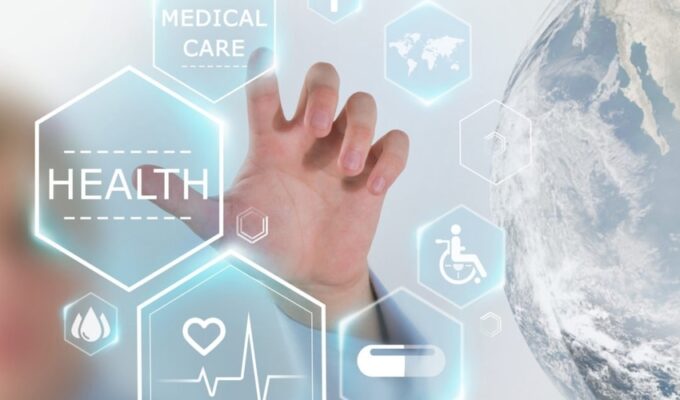
Healthcare Industry: The Need for Software Quality Assurance in Healthcare Apps
Last updated on June 23rd, 2022 at 04:30 am
Over the passage of time, technology has caused major disruptions in the digital world. With the healthcare industry being a critical part of any economy, the latest technologies for diagnosis, and treatment have also evolved. Modern medical facilities are equipped with highly sophisticated medical machines to treat patients. A software testing company is responsible to ensure software quality so that accurate results can be assured, medical practitioners cannot afford any negligence as they are expected to improve their medical services that have an impact on the healthcare sector. If there are inaccurate readings, it can affect the entire treatment putting the patient’s life in danger. Thus, QA software testing becomes a crucial part of building any medical application or device.
Following are the important factors that you need to consider when opting for medical devices:
1. Interoperability of Medical Devices:
MRI, CT Scan, EEG, etc. are examples of a few medical devices that are used to diagnose various health conditions. These devices should promote interoperability so that the patients’ health data can be shared amongst different devices. Nowadays, private MRI scans are now easily accessible, and patients can ask these results to be sent to their doctors, straight from the scanning location. Interoperability ensures that multiple devices using different platforms to easily access data and fulfill the required security compliance related to data privacy.
2. Quality of the Application:
To ensure that medical devices and healthcare app work efficiently, it is important to test its functionality, performance, security, accuracy, and usability. With comprehensive testing solutions, a software testing company invests in experienced and skilled software testers who have the expertise to conduct various testing techniques.
3. Secure Healthcare Apps:
Cyber security is a huge concern for all industries, especially the healthcare sector with crucial information at risk of being attacked by malicious hackers. Due to sensitive personal patient data being shared through multiple platforms, it is imperative to make the system hack-proof. Penetration testing is carried out to identify and remove the hidden vulnerabilities in the system. Moreover, healthcare apps are also developed and tested according to safety standards like HIPAA.
4. Developing Easy-to-Use Apps:
It is important to design and develop healthcare apps that are easy-to-use. Whether it is used by a nurse to deliver the right dose to their patients, or a pharmacist looking for the right combination of medicines available from the stock, software quality is of great importance. If there are glitches in the app, it can cause a delay in providing the medical service.
5. Medical Records:
There is a lot of data generated through various sensors, diagnostic tools, and healthcare applications. This data should be compiled in the right manner so that it can be useful for doctors. It allows them to take quick and accurate decisions after assessing the patient’s health conditions. Thus, the right type of software testing tools can be used to check if the apps are making medical records accurately.
Software applications play an important role in improving medical services. It is important to remember that any flaw in the system can lead to issues in healthcare treatments. This is where a software testing company steps in to ensure healthcare apps are accurate and working efficiently. After this sentence: These devices should promote interoperability so that the patients’ health data can be shared amongst different devices.
Read Dive is a leading technology blog focusing on different domains like Blockchain, AI, Chatbot, Fintech, Health Tech, Software Development and Testing. For guest blogging, please feel free to contact at readdive@gmail.com.
